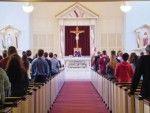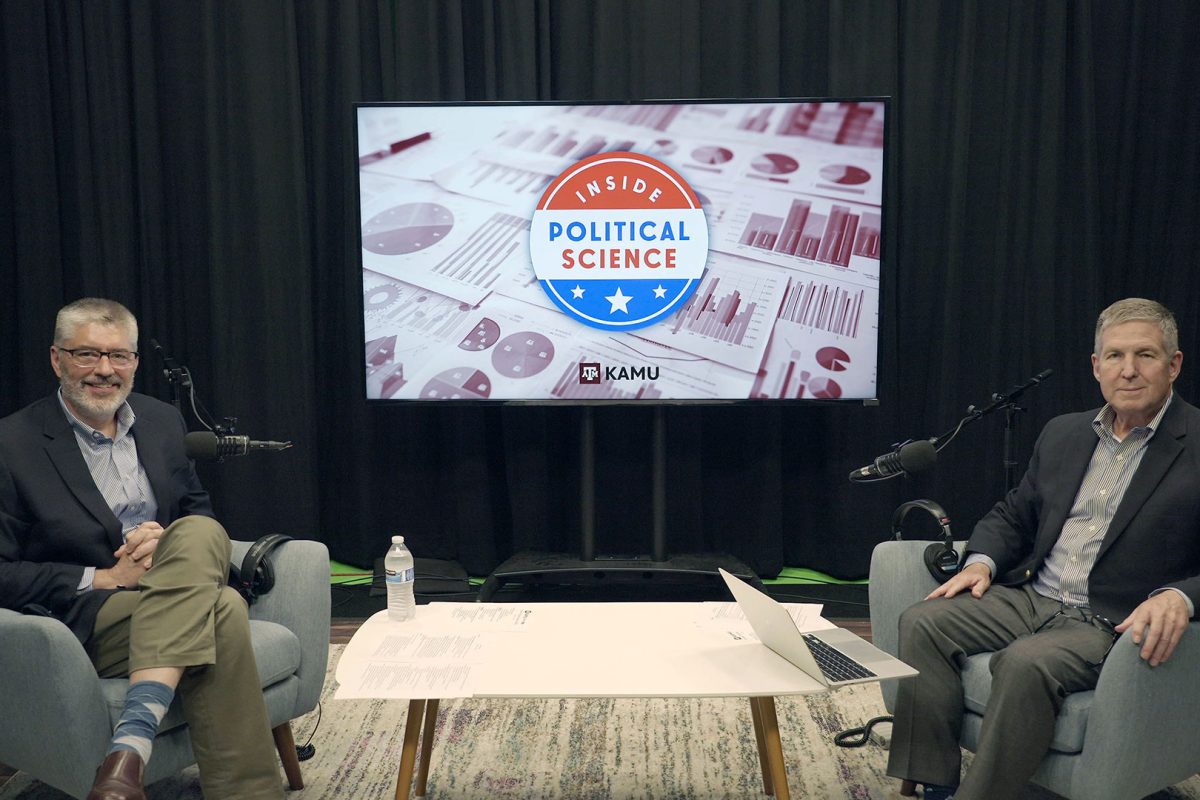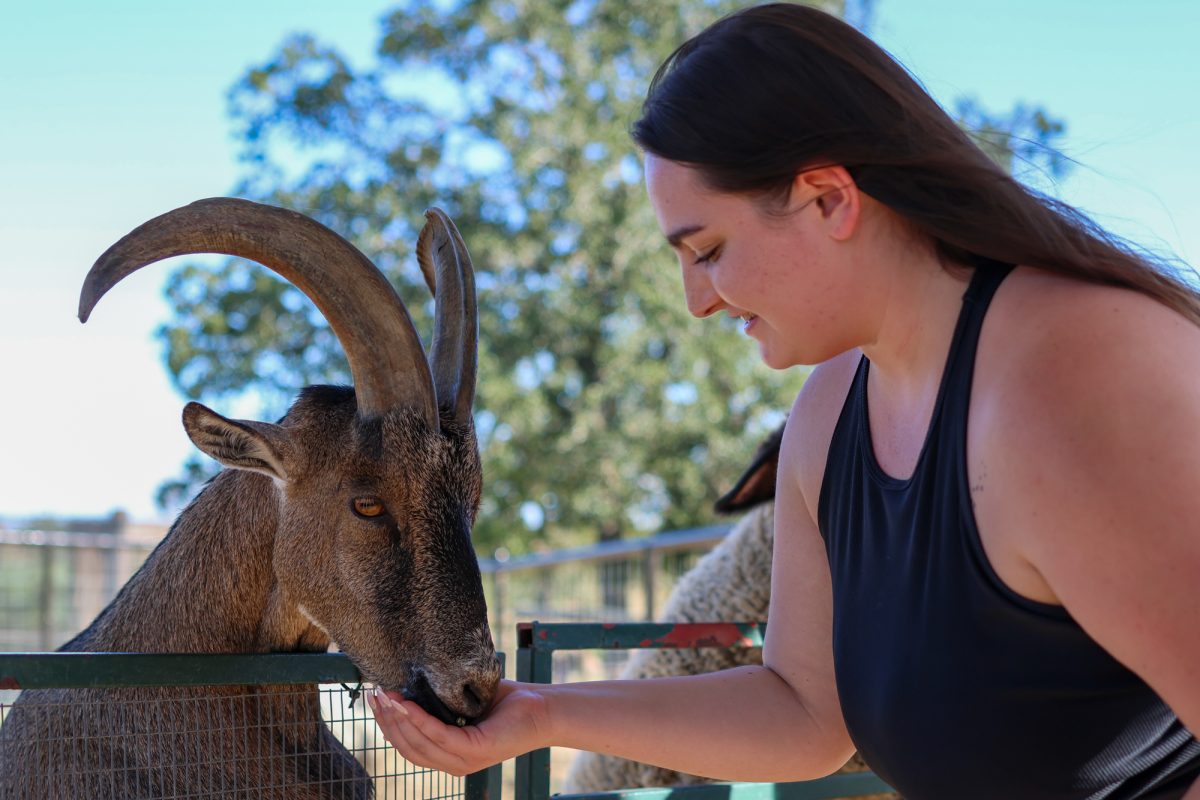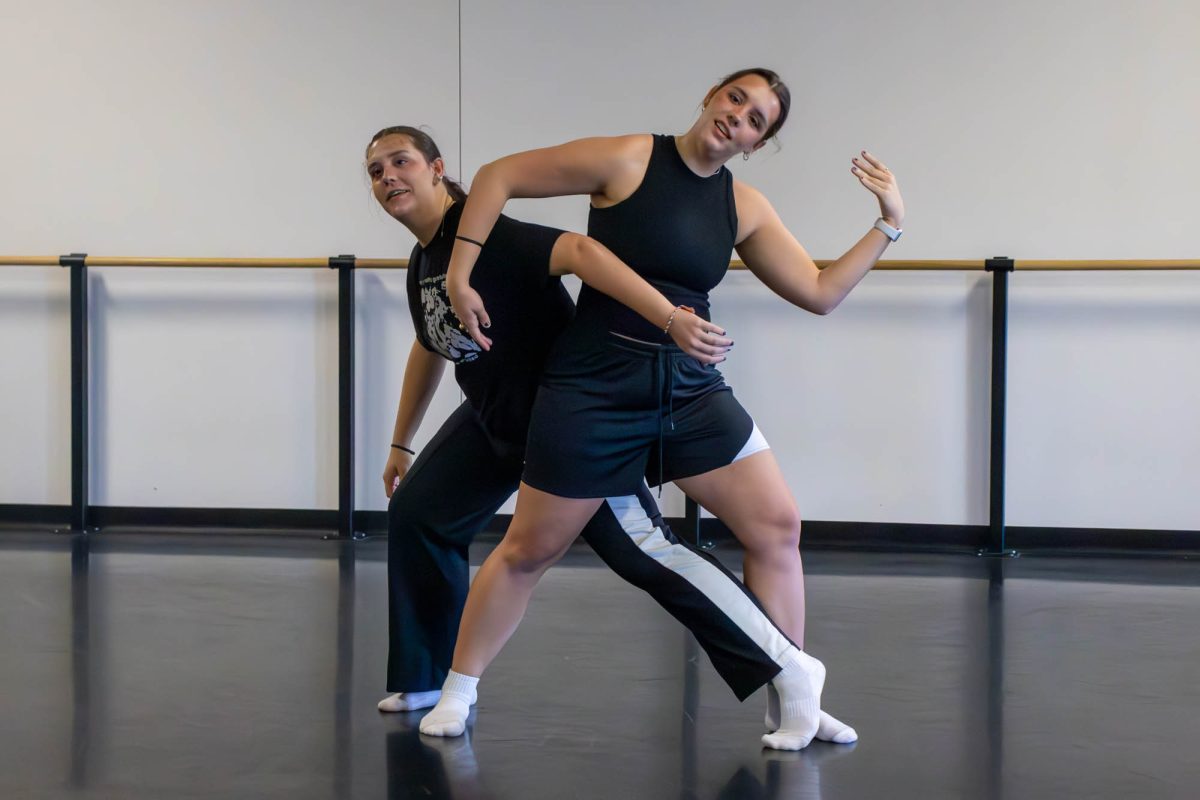Pope Benedict XVI will officially step down from the papacy Thursday and become Your Holiness Benedict XVI and add either the title of emeritus pope or emeritus Roman pontiff.
Benedict was the first pontiff to resign in more than 600 years and his unique exit has left Catholics around the world speculating about things ranging from his new title to what his resignation will mean for future popes.
The transition from one pope to another is a process steeped in tradition, but both lay Catholics and members of the church hierarchy are unsure of what logistical effect this unconventional departure will have on the arrival of a new pope.
Christian Gonzalez, the communications director for the Roman Catholic Diocese of Austin, said the process has been confused and complicated.
The Vatican itself has given us different responses on different days because this is all new for them as well, Gonzalez said.
Though Pope Benedict XVIs unusual resignation appears to some to be contradictory to his reputation as a conservative and traditional pope, Brian Freno, an aerospace engineering graduate student, said he respected Pope Benedict XVIs understanding of his own abilities as applied to his role as the leader of the Catholic church.
His resignation provides a reminder of the grace of humility and awareness of one’s abilities in
the context of his role, Freno said.
Father David Konderla, the director of campus ministry and pastor of St. Marys Catholic Center, said this is a question that has been primarily posed externally and is not a true internal concern.
One effect that people have spoken of in the media is the potential that future popes might be pressured to resign if people feel like theyre no longer fulfilling the office to other persons expectations, Konderla said. That already has happened with Pope John Paul II, so that possibility is already there. On the other hand, popes who reach the same situation physically that Benedict reached and have the same cast of mind that he had regarding the needs of the papacy, they may well reach the same decision.
Though only time will tell if Pope Benedict XVI has set a precedent through his resignation, there has been much discussion on how the process of selecting a new pope will now be performed.
A law is currently in place for the observation of a 15-day period after the beginning of the sede vacante, the vacancy left by the pope after death or resignation, before the cardinal electors begin the conclave. It is possible that Pope Benedict XVI could set an earlier date, or that the cardinals could change the date themselves.
At this time, there are 115 cardinal electors who will meet at the Vatican to elect the new pope. Absent from the conclave will be Cardinal Julius Riyadi Darmaatmadga, who will not be attending for health-related reasons and Scottish Cardinal Keith OBrien, who recently resigned amid accusations of inappropriate acts against fellow priests.
For lay members of the church, Konderla said this was a time to appreciate the leadership that Pope Benedict XVI provided for the church, as well as a time to look forward to the guidance a new pope will provide.
Its an emotional time for the church and for people in the church because [Pope Benedict XVI] has been a dear, beautiful pastor for us, Konderla said. We wish him well and will continue to pray for him in his retirement and look forward to meeting our new pope.
Pope Benedict XVI resigns
February 28, 2013

0
Donate to The Battalion
$70
$2500
Contributed
Our Goal
Your donation will support the student journalists of Texas A&M University - College Station. Your contribution will allow us to purchase equipment and cover our annual website hosting costs, in addition to paying freelance staffers for their work, travel costs for coverage and more!









